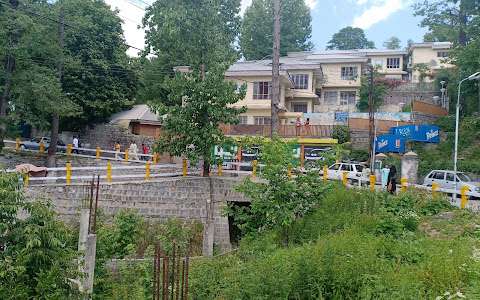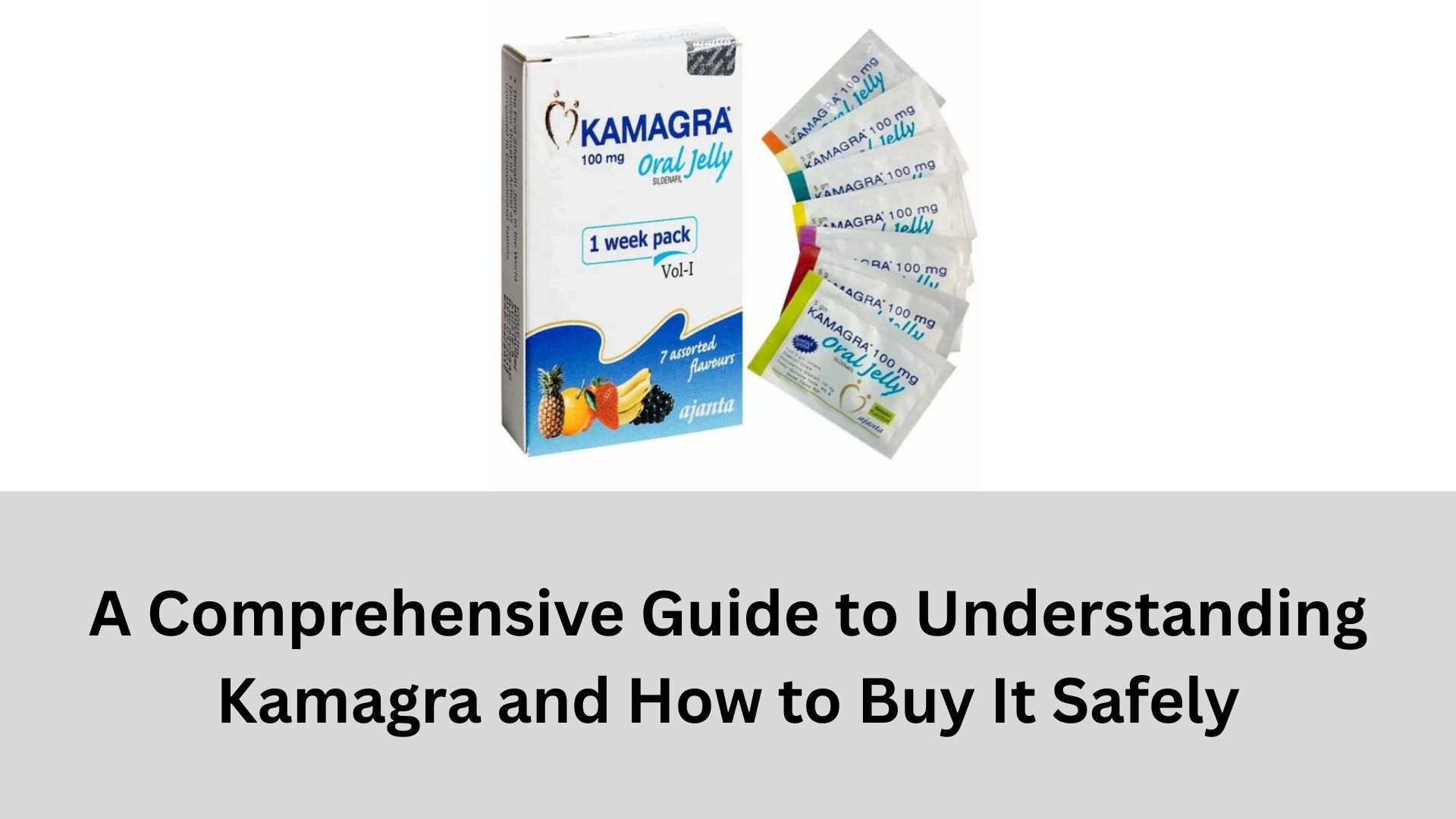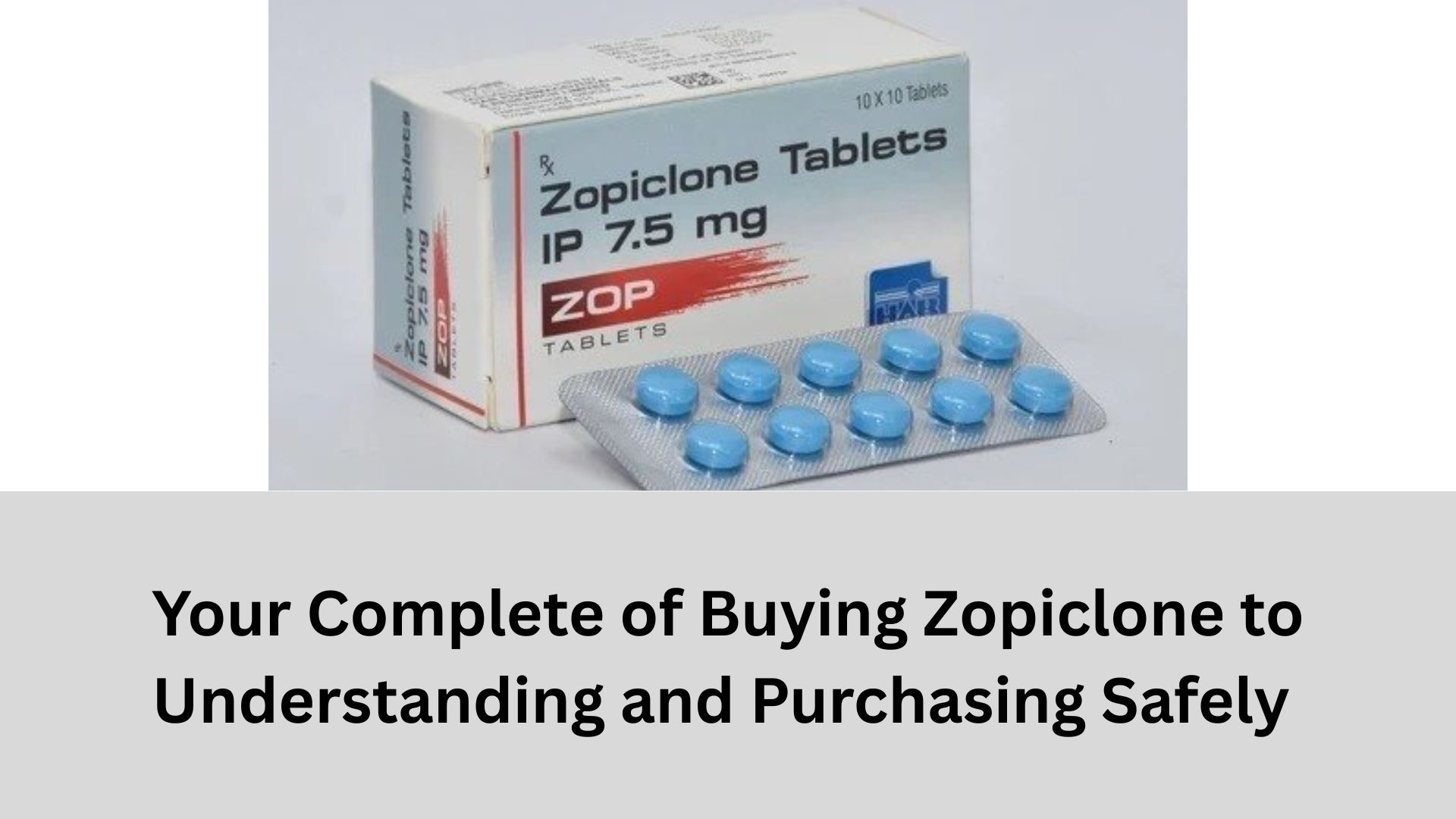In the food supply chain, food safety isn’t just a box to check. It’s the backbone of every successful operation. From farm to fork, the integrity of food products relies on stringent safety measures to protect public health. But how do you guarantee that food is handled, processed, and delivered in a safe and hygienic manner every step of the way? The answer lies in HACCP — Hazard Analysis and Critical Control Points.

Now, if you’re a manager in the food supply chain, you know that maintaining food safety standards isn’t just a regulatory obligation—it’s a matter of reputation, trust, and consumer confidence. And one of the most effective ways to ensure your team is up to speed on food safety is through HACCP training.
But let me ask you: How confident are you that your team knows exactly what to do to prevent food safety hazards at each stage of production? Are you certain your operations are compliant with food safety regulations? If there’s any doubt, HACCP training could be exactly what your team needs. Let’s explore why this training is essential for food supply chain managers and how it can make a difference in your operations.
So, What Exactly is HACCP?
HACCP stands for Hazard Analysis and Critical Control Points, and it’s a system used to identify, evaluate, and control food safety hazards. At its core, HACCP helps organizations identify the risks associated with food production and processing, so they can take proactive steps to prevent contamination and ensure safe food products.
But it’s not just about detecting problems—HACCP focuses on preventing them from happening in the first place. You can think of it as a “safety net” for the entire food production process, from sourcing ingredients to packaging and shipping. It’s a globally recognized standard, and when implemented correctly, it can safeguard your entire operation against potential food safety disasters.
So, why is HACCP so crucial for food supply chain managers? Let’s take a closer look.
Why HACCP Training Should Be Non-Negotiable for Food Supply Chain Managers
1. Mitigating Risk, One Control Point at a Time
The primary goal of HACCP is to identify critical control points (CCPs)—specific stages in food production where hazards are most likely to occur. Whether it’s ensuring meat is cooked to the proper temperature or preventing cross-contamination in packaging, each critical point is a chance to prevent potential hazards.
HACCP training equips your team with the skills to spot these CCPs and implement measures to monitor and control them effectively. And let’s face it: the last thing you want is a situation where an easily preventable hazard causes a product recall or worse, a health crisis.
By understanding how to establish, monitor, and correct CCPs, your team can proactively tackle food safety issues before they escalate. You wouldn’t send a team out on a project without giving them the right tools, would you? HACCP training does just that—it provides your team with the knowledge and strategies needed to ensure food safety at every level of production.
2. Ensuring Compliance and Avoiding Costly Fines
Food safety regulations are serious business. Non-compliance with food safety standards can lead to heavy fines, legal consequences, and a loss of business. With global food safety regulations constantly evolving, HACCP training ensures that your team is always on the cutting edge of compliance.
HACCP is recognized by regulatory authorities worldwide, including the FDA, EU, and Codex Alimentarius. This means that implementing HACCP can help your company stay ahead of the curve and reduce the risk of regulatory violations.
The financial implications of non-compliance can be devastating. From fines and product recalls to damage to your brand’s reputation, the stakes are high. Investing in HACCP training for your team is an investment in sustainability—it ensures that your operations meet the highest standards, reducing the risk of a costly oversight.
3. Building Trust with Consumers and Partners
In today’s world, consumers are increasingly aware of food safety issues. They want to know that the food they’re consuming is safe and responsibly sourced. As a manager in the food supply chain, you know that consumer trust is invaluable. But trust doesn’t come without effort.
With HACCP training, your team can confidently identify and address food safety hazards in the production process, ensuring that the food you deliver is of the highest quality. This commitment to safety can help your organization build trust with consumers—and let’s face it, trust leads to loyalty.
Moreover, HACCP certification signals to your partners—whether they’re suppliers, distributors, or retailers—that your operations meet international standards for food safety. This can be a competitive advantage, giving you an edge in an industry where food safety is paramount.
4. Boosting Operational Efficiency
It might sound counterintuitive, but HACCP training actually boosts operational efficiency. You might be thinking: “How does learning about food safety help streamline operations?” Well, here’s the thing—when your team understands the specific risks at each stage of food production, they can take more targeted, informed actions to prevent problems before they arise.
By identifying the critical control points early, you reduce the likelihood of costly errors, production delays, or product recalls. This means your team can spend less time correcting mistakes and more time focusing on continuous improvement. It’s about creating an efficient system where safety is baked into the process, not tacked on at the end.
In other words, HACCP training doesn’t just help prevent disasters—it helps your team work smarter.
5. A Holistic Approach to Food Safety
Food safety doesn’t start and end with just one department in the supply chain. It’s a shared responsibility that involves everyone from the farm to the food retailer. HACCP training ensures that everyone in your team—from suppliers to processors, distributors, and retailers—has a clear understanding of food safety protocols and their role in maintaining them.
By bringing your team together under a common framework, you foster a culture of collaboration and shared accountability. This holistic approach ensures that no part of the supply chain is overlooked, and food safety is maintained at every touchpoint.
You can think of it like this: food safety isn’t just a responsibility—it’s a team sport. HACCP training ensures that everyone is on the same team, working together to meet a common goal: delivering safe, high-quality food to consumers.
What Does HACCP Training Look Like?
You might be wondering what exactly HACCP training involves. Let’s take a quick look at what your team can expect when they undergo HACCP certification:
Introduction to HACCP Principles
The training begins with an overview of the HACCP principles, such as hazard identification, risk assessment, and establishing critical control points. This gives participants a solid foundation for understanding the entire HACCP process.
Analyzing Potential Hazards
Next, your team will learn how to identify potential hazards—biological, chemical, and physical—at each stage of the food production process. This step is crucial because it helps pinpoint where things could go wrong and lays the groundwork for controlling those hazards.
Establishing Critical Control Points (CCPs)
In this phase, your team will learn how to establish CCPs within your operations. These are the key stages where you can control hazards and ensure food safety. Whether it’s controlling temperature during food storage or preventing cross-contamination during packaging, identifying these points is key to managing risk.
Monitoring and Verification Procedures
Once the CCPs are established, your team will learn how to monitor and track food safety procedures. This includes keeping records, testing, and verifying that the system is working effectively. Having robust monitoring systems ensures that any deviations are quickly identified and corrected before they cause harm.
Documentation and Record-Keeping
HACCP is all about documentation. Your team will be trained on the importance of maintaining accurate, thorough records that prove compliance with HACCP principles. This is essential for audits and inspections, ensuring you can show your commitment to food safety at any given time.
Implementing Corrective Actions
Finally, your team will learn how to implement corrective actions when a deviation from the HACCP plan occurs. Whether it’s adjusting temperatures or improving sanitation protocols, knowing how to take swift, effective action is crucial in maintaining food safety.
How to Get Started with HACCP Training
Choose a Certified Training Provider
Look for a training provider that offers accredited HACCP courses tailored to your team’s specific needs. It’s important to choose a provider that has industry experience and a proven track record in food safety.
Assess Your Team’s Needs
Depending on your team’s experience, you can choose between introductory, intermediate, or advanced HACCP courses. Consider the size of your team and their familiarity with food safety protocols when selecting the right training level.
Support Continuous Learning
HACCP training doesn’t end after the course. Ongoing education and regular updates are key to staying compliant with new food safety regulations and best practices. Encourage a culture of continuous improvement and learning within your team.
Conclusion: HACCP Training is Your First Step Toward a Safer, More Efficient Supply Chain
In the competitive world of food production and distribution, food safety isn’t something you can afford to overlook. HACCP training equips your team with the knowledge and skills they need to keep hazards at bay and ensure the quality and safety of every product. From reducing risk to enhancing operational efficiency, this training offers invaluable benefits that extend beyond regulatory compliance.
So, if you’re a manager in the food supply chain, it’s time to invest in HACCP training for your team. Not only will it help you meet safety standards, but it will also strengthen consumer trust, improve operational efficiency, and protect your brand’s reputation. The food industry is only as strong as the safety measures in place, and HACCP is your safety net. Don’t wait until it’s too late—start your team’s HACCP journey today.










